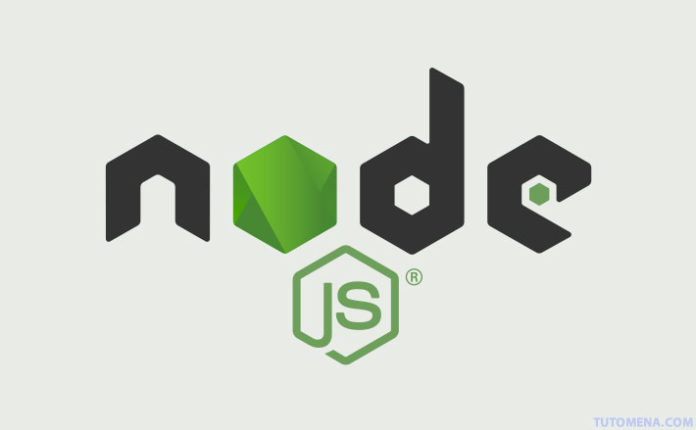Reading-Notes
NODE.JS and Pair Programming

Node.js is a runtime designed using Chrome’s V8 engine, which in turn is an editable library created by Google that implements JS code.
Install Node.js
You can check your node version using node -v, for me it shows v14.17.3, if nothing appears on screen then consider downloading from their official website, a common handy tool when dealing with node is the node package manager npm which manages the installing, upgrading, configuring, and removing of packages in your application, to check npm version use npm -v, mine is 6.14.13, if not working then consider installing the package manager using npm -i.
Installing npm without arguments i.e. using npm i only will install the packages chosen inside your package.JSON file, if a specific package is needed npm install <package name> must be used, a package named jshint will be installed using npm install jshint for example will install the package locally (for a specific directory) if needed globaly use npm install -g <package name> .
Now that we have known what is node and how to use it, lets see when to use it:
-
Install packages and testing JS.
-
Controling server requests and events efficiently.
-
Automate repetitive or error prone tasks on your PC.
-
Design you own command tool.

6 Reasond for Pair Programming:
-
Greater efficiency
-
Engaged collaboration
-
Learning from fellow students
-
Social skills
-
Job interview readiness
-
Work environment readiness
This article is reserved for codefellows.